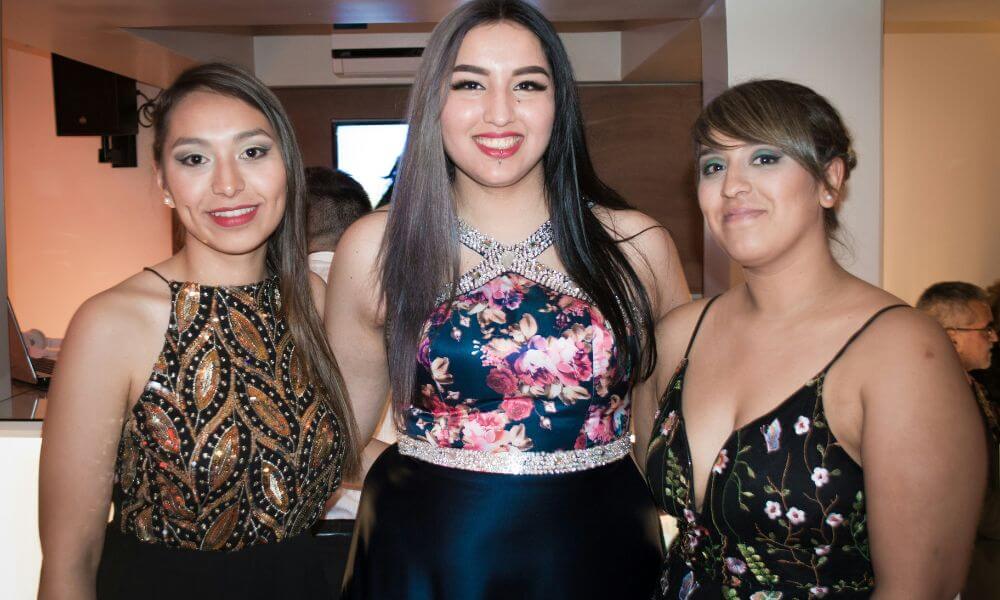It was the summer of my life when I visited Rio de Janeiro for the first time. It was supposed to be just a regular vacation, a change of scenery from the stressful daily routine in Germany. But as fate would have it, this trip ended up changing my life in many ways. After a few relaxing days on the beach and extended city explorations, I decided to give BrazilCupid a try. I didn’t have any big expectations – I just wanted to meet new people and perhaps get a better understanding of Brazilian culture. And then I came across Isabela’s profile.
Experiences in a Relationship with a Brazilian Woman – My Love Story
She had this charm I couldn’t quite put into words – a smile that was contagious and an easy-going nature that captivated me instantly. We started chatting, and although there were only a few days left before my flight back to Germany, we decided to meet. We met in a small café in Ipanema, and what started as a casual coffee quickly turned into a magical evening. We laughed, talked about everything under the sun, and enjoyed the simple beauty of the moment. It felt like we had known each other forever, even though we had just met hours earlier.
In the days that followed, we spent as much time together as possible. We went to the beach, danced to samba rhythms in little bars, and explored the hidden corners of Rio. Every moment with her felt like a dream. But like all vacations, this one came to an end. And although it started as a casual holiday romance, I found myself falling more and more in love with Isabela. On the last day before my departure, we stood on the beach, watching the sunset. I wanted that moment to never end, but reality quickly caught up with us.
Experiences with Long-Distance Relationships
Back in Germany, I couldn’t get Isabela out of my mind. I texted her as soon as I arrived, and we started calling and messaging each other regularly. At first, it felt like everything would just continue as it had during the vacation. But soon, both of us realized that it wasn’t going to be that simple. The distance between us – a whole ocean – made things hard. Isabela was cautious, not wanting to commit to something serious that might be doomed to fail. “It’s not easy living so far apart,” she often said. “What if we lose each other?”
Despite her concerns, we didn’t give up. We kept in touch, and after a few months, we decided to give it a try – a long-distance relationship. Every four to five months, one of us would visit the other. The first visits were filled with excitement and joy. I flew to Brazil in the winter, and escaping the European cold, the warmth of her embrace and the heat of the sun felt like a piece of paradise. We picked up right where we had left off in the summer, and with each visit, our love grew stronger.

Our Problems with Long-Distance Relationships
It wasn’t always easy. The months between our visits often felt unbearably long. The time difference made it difficult to talk, and I often missed her presence more than I cared to admit. Weekends without her felt empty, and sometimes I questioned whether it was all worth it. But every time we saw each other again, all doubts vanished. The joy of reuniting was overwhelming every time. Every smile, every touch reminded me why we were enduring this.
Isabela had a hard time, too. While she managed her life in Brazil, caring for her family and dealing with daily life, it was often hard for her to feel that our relationship was real. “Sometimes it feels like a dream,” she told me during one of our many late-night video calls. But we both knew we were meant to be together. Each reunion was proof that our connection was stronger than the distance that separated us.
-> Sign up for BrazilCupid for free and meet Singles in Brazil
Cultural Differences and Challenges
In a long-distance relationship, especially between two people from completely different cultures, misunderstandings and conflicts are almost inevitable. Our relationship was no exception. While the love between Isabela and me was strong, the cultural differences often put us in difficult situations. One of the biggest points of contention was punctuality – something highly valued in Germany, but seen more flexibly in Brazil.
At the beginning of our long-distance relationship, I didn’t notice much that Isabela wasn’t always punctual. The first few months were full of romance and excitement, so such small details didn’t seem to matter. But as we spent more time together and visited each other more frequently, the differences became more apparent. I remember many moments where I waited at the airport or at agreed meeting spots, always on time, while Isabela would often arrive late. The delays weren’t extreme, but in a country like Germany, where punctuality is seen as a sign of respect and reliability, it caused me frustration.
At first, I tried to stay relaxed and not read too much into it, but over time, it became a recurring issue that caused tension. In Brazil, it was completely normal for appointments to be more flexible – “Brazilian time,” as Isabela called it. For her, it wasn’t unusual for plans to change or for her to arrive late because she needed more time for herself or got caught in traffic. But for me, it became a source of stress and annoyance, as I interpreted it as a sign of disinterest or a lack of consideration.
These cultural differences led to misunderstandings and occasional arguments. It wasn’t that Isabela deliberately kept me waiting, or that I didn’t try to understand her, but our expectations of each other were simply different. For me, punctuality was an expression of respect and commitment, while she placed more importance on spontaneity and living in the moment. There were times when I felt misunderstood and unappreciated, thinking she didn’t take my culture and needs seriously. On the other hand, Isabela sometimes felt pressured by my constant questions about precise schedules and saw it as a restriction of her freedom.
Another issue was that misunderstandings in a long-distance relationship often got amplified by the distance. When you can’t speak to each other daily or immediately address misunderstandings, small issues tend to grow into big conflicts. With us living in different time zones and our communication mostly happening through phone calls or video chats, it became even harder to resolve such situations. What could have been easily solved in person was often unnecessarily dramatized over messages and calls.
It wasn’t just punctuality that challenged us, but other cultural differences too. The way we handled conflicts was completely different. While I was used to addressing problems directly and seeking quick solutions, Isabela often approached these situations more emotionally. Sometimes she needed more time to think things through and didn’t always want to talk about things right away. This often made me feel impatient and frustrated, thinking we weren’t resolving issues quickly enough. On the other hand, Isabela found my direct approach too confrontational at times and felt overwhelmed.
But despite all these difficulties, we both knew it wasn’t just about cultural differences, but about learning to adapt to each other. Both sides had to make compromises. I had to understand that punctuality in Brazil didn’t have the same importance as it did in Germany, and that it didn’t mean she valued me any less. It was simply a different way of living – more relaxed and spontaneous. At the same time, Isabela realized that it was important to me to stick to plans, and that punctuality was, for me, a sign of respect.
Over time, we learned to navigate these differences. We talked a lot about our expectations and tried to better understand each other. It wasn’t always easy, and there were moments when we both felt frustrated and wondered if the cultural differences were just too big. But we came to realize that these differences also enriched us. I learned to be more relaxed about life and not stress over small delays, while Isabela began to appreciate my reliability and punctuality more.
These conflicts were part of our learning process as a couple, and in the end, they strengthened our relationship. We realized that love doesn’t mean everything is perfect, but that you’re willing to grow through the challenges. The long-distance relationship forced us to become more patient, understanding, and willing to compromise – qualities that ultimately made our relationship stronger.

Our Plans for the Future
As time went on, our visits became longer, and we started making plans for the future. We talked about what it would be like if she moved to Germany, or if I went to Brazil for a while. But there were always challenges – visa issues, language barriers, and the question of whether one of us could give up our home to be with the other. Isabela loved her culture, her family, and her friends, just as much as I loved my life in Germany. It wasn’t an easy decision.
Despite all these difficulties, there was always this deep connection between us that got us through the toughest times. The longing for each other, the long conversations, the mutual support – all of it made us stronger. We learned to be patient, to appreciate the small moments, and above all, to trust each other.
After almost two years of long-distance relationship, countless flights, and thousands of messages, we finally decided it was time to take a big step. Isabela decided to come to Germany for a few months to see if she could imagine building a life here. It was an exciting but also scary time. Would our love survive everyday life? Would the small differences in our cultures and lifestyles pull us apart?
But when she arrived, it quickly became clear that our love would endure all the challenges. The time we spent together in Germany solidified our relationship. It wasn’t always easy, but we had already overcome the hardest hurdles. In the end, we both knew that we belonged together – no matter where in the world we were.
Our story wasn’t a typical love story. It was marked






